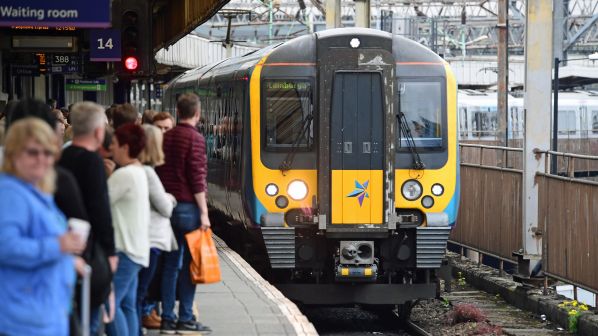RDG proposes replacing franchising, which it describes as a one-size-fits all model, with different types of service designed to suit the needs of different passengers. The proposals outline three specific types of service:
- On some commuter routes: the introduction of single-branded concessions, akin to the Transport for London (TfL) model, which are democratically accountable and where an integrated transport body is given more devolved control and rail companies are better integrated
- Long-distance routes: multiple operators would be able to compete for passengers’ business through a mixture of customer-outcome based contracts on some routes and open-access competition on others, and
- Other routes: operators would work towards outcome-based targets replacing current input-based contracts, which would also encourage integration.
A new independent organising body would oversee the new system. Sitting outside of day-to-day politics, RDG says the body would seek to drive up accountability and standards, helping to end the culture of blame when things do go wrong and hand out penalties when companies fall short.
RDG has consulted with passengers, businesses and communities to develop what it says are the building blocks of the new system.
Underpinning this is an “easier-to-use” fares system, which is intended to offer a better value range of fares. This is achieved through updating decades-old regulations. Among the suggestions is a pay-as-you-go commuter fares system with a price cap, which should provide a better deal for commuters. The new system would also offer greater local control over fares in devolved areas and improve the integration of rail fares with other transport modes.
“We want to move forward with a rail system that is more focused on customers, more responsive to local communities and more accountable, letting rail companies deliver what people want in each area of the country and rebuilding trust between the industry and passengers,” says RDG chief executive, Mr Paul Plummer.
“Over the summer, rail companies will continue consulting with passenger groups, business groups and local and regional bodies on how the benefits of the proposals could be maximised. The proposals would also reinforce rail freight’s central role in delivering for Britain’s economy, highlighting the need to maintain a joined-up, national approach to coordinating the railway.”
The Williams Review is expected to announce its findings in the autumn.

